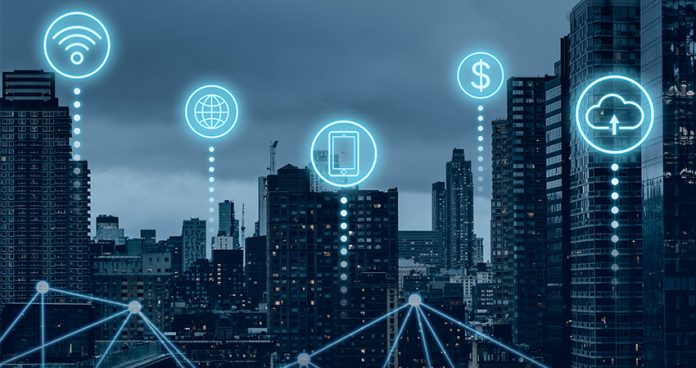The world is turning toward digitalization considering its advantages. Technology has doubtlessly redefined how we live, making tasks and problem-solving processes faster. This reflects how the digital economy is evolving integrating technology in every sector. Hence, we shall discuss a few facts about digital economy and assess how they shaped the technological landscape.
The importance of the digital economy has become such that it is calling for new economic policies, reformation in law on taxation debates on patents and trademark policies, and for brilliant economists to ask the right questions.
To get a clearer idea of this economic development that is bringing a revolution.
here are some of the most exciting facts on technologies that are primarily responsible for the growth of the digital economy, a look at some unique characteristics of the Digital economy, and also the top 10 technologies.
Technological Characteristics Facts about Digital Economy
Venture capital on AI has risen by sixfold since 2000, and jobs related to AI have increased by a whopping 450% in the last five years.
What’s more, the global AI market will grow by USD 2,575.16 billion by 2032 with a CAGR of 19%.
There are more internet-connected ‘things’ than the whole population of 2008, and what’s more dumbfounding is that this is only 0.06% of all devices with IoT potential.
No wonder experts are anticipating it to scale to USD 2.37 trillion by 2027.
So far, governments, investors, and global leaders have invested more than $270 billion in the development of blockchain technology that powers the digital currency, bitcoin.
In 2023, the market grew to USD 17.46 billion, but experts predict that it will hit The global blockchain technology market size was valued at $11.14 billion in 2022 & is projected to grow from $17.57 billion in 2023 to $469.49 billion by 2030.
Read: Will Blockchain Empower Artificial Intelligence?
The technology that gave the gaming industry a new meaning, AR and VR, continues to make waves in other sectors.
In 2023, the global AR and VR market was $25.1 billion, which is expected to cross the $71.2 billion threshold by 2028.
There are 4.32 billion active mobile internet users globally, accounting for a regular 51.2% of web page views worldwide.
It has become mandatory to optimize websites as mobile-friendly as it is five times more likely for mobile users to abandon a site if it is not optimized for mobile.
Every little bit of information users enter into the internet becomes data. Nevertheless, its importance may vary from person to person and their attributes.
By 2025, data creation and generation will hit 180 zettabytes; this may not be a big surprise, considering 99,000 search queries are being performed per second just on Google itself.
The technology that is powering most of the leading e-retailers’ marketing strategies, ML and DL, have supported big companies like Netflix, Amazon, eBay, and others by personalizing the TV shows and product recommendations to its subscribers.
Robot imports have doubled globally from around 100,000 in 2000 to roughly 384000 units in 2020. It is only for industrial robots.
The global spending is currently USD 45.85 billion, and it is estimated to increase to USD 95.93 billion by 2029, where industrial robotic solutions will account for the largest share.
The technology at the heart of the digital economy, cloud computing, continues to take on more workload as digital transformation continues to pervade every business sector.
Globally, 75% of companies running their workload on public cloud platforms in 2024.
The one area which is lacking behind in terms of progress but is of utmost importance in the economy where the biggest factor is information, privacy, and security technologies needs much improvement.
7 out of 10 organizations in the US still experienced a data breach in recent years, and on average, it takes 191 days on average to identify a data breach.
However, governments around the world have begun to take matters into their own hands. Many nations, including the USA and China, have taken steps against data breaches and introduced privacy policies such as GDPR, CCPA, PIPL, and others.
Recommended For You:

